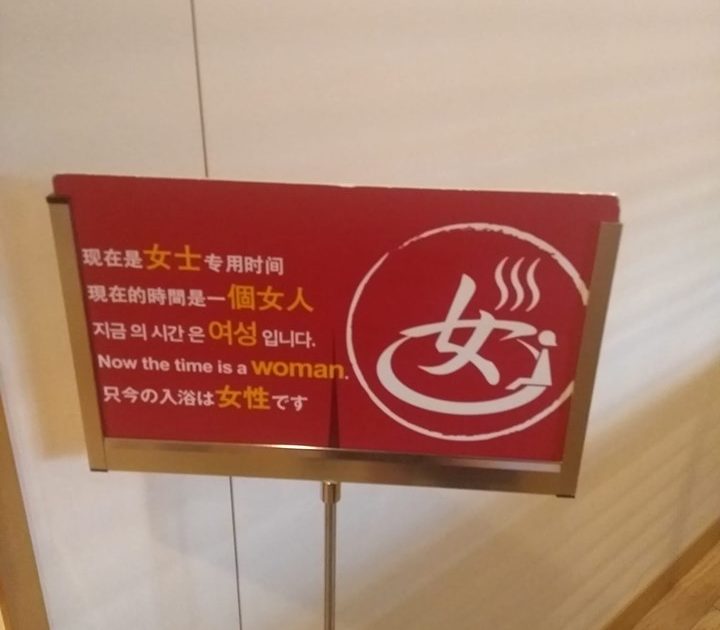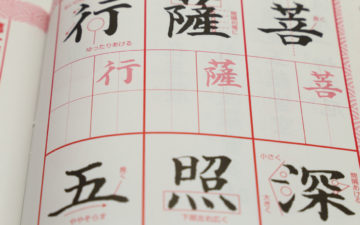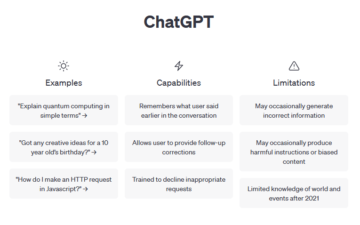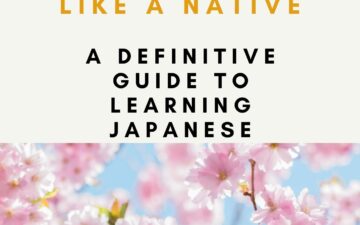As you probably know, I translate from Japanese into English. Japan was traditionally quite an isolated country, but in the past ten years or so, it’s seen a huge boom in tourism from the west. As we all know, tourism equals translation. These annoying English-speaking tourists can’t read the Japanese signage or pamphlets, so everything has to be put into English for them. How bothersome!
Particularly with the 2020 Tokyo Olympics coming up next year, Japan is currently enjoying record-breaking numbers of tourists. To take a slightly more pessimistic view of this, Japan is almost choking from the weight of all of these tourists! For translators, this increase is a blessing, but for the sustainability of the country, it’s a bit worrying.
But I’m not here to talk about the effects of tourists on Japan. I want to talk about the translation implications of suddenly becoming a must-see destination.
Japanese people are shy and very reluctant to use English with foreigners. This is both a well-known stereotype and an undeniable reality. This shyness is one potential reason why Japanese people aren’t very good at English – they shy away from using at it whenever possible. Of course, this is just a generalisation of an entire country, but overall it means that tourists aren’t able to rely on asking the locals for advice as they would in another country. Without easily-accessible local help, tourists have to rely on English-language information.
And what does “tourism translation” mean? The scope is perhaps difficult to visualise for most people, but this concept of tourism-related documents means anything related to tourism. More specifically, it spans from websites, advertisements, signage and information in hotels, ryokans, hostels, restaurant menus, information for tourists, culture/custom explanations, history (pamphlets, etc.), information at tourist attractions, signage and information at airports, museums, on the street, at train stations, and even translated information for events, festivals, competitions, and tournaments.
Tourism translation is a huge market, and it just keeps growing.
A lot of the translation I do these days is tourism-based, and the scope is incredible. To name a few, I’ve recently done promotional material for general facilities, sightseeing, shopping and restaurants, restaurant menus, information about shopping malls and attractions and Tokyo Olympic-related information.
Despite this, there’s still a lot of translation that’s being churned out through machine translation, and a lot of this is utter gibberish. How else would “French fries” become “French flies” on a restaurant menu? These sorts of mistranslations are everywhere, and all they do is amuse the foreign traveller. Unfortunately, as a result of these clumsy translations, Japan is getting a reputation as a non-English society. Don’t be deceived by all the “English” text in Japan these days because a lot of it isn’t real English. It’s just nonsense a machine spat out (see the above photo, taken from my lovely hotel in Asakusa).
There’s a lot of nonsense out there, and a simple Google search will leave you entertained, but these mistranslations are just causing Japan to be laughed at, and not taken seriously as a multilingual country.
Ultimately it’s a problem that stems down to budgetary issues and a lack of awareness of the power of language. No one wants to spend money on translation when it can be done for free (unaware that this will seriously compromise the quality, or in this case, most basic readability). Proper English translations done by native English speakers would go a long way to improve Japan’s image in regards to English.







